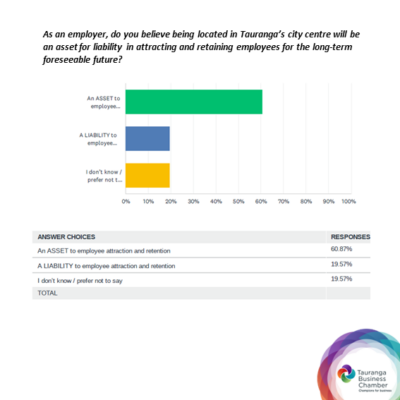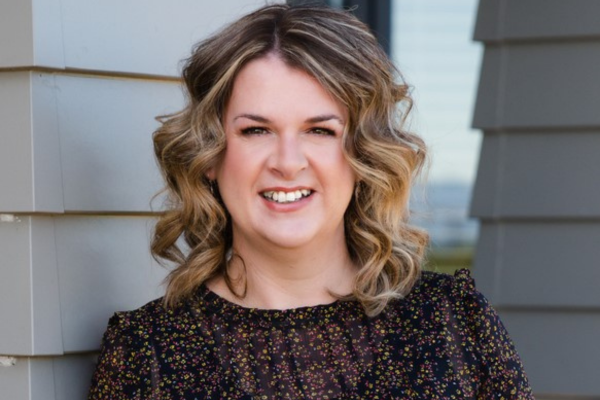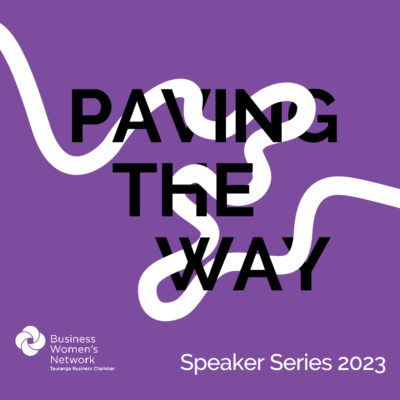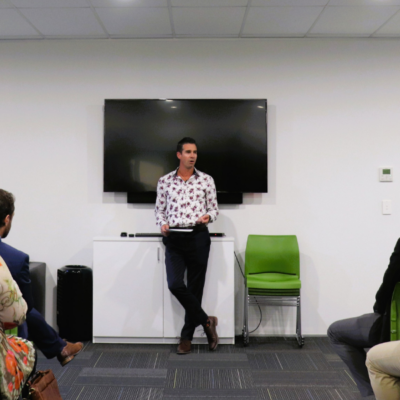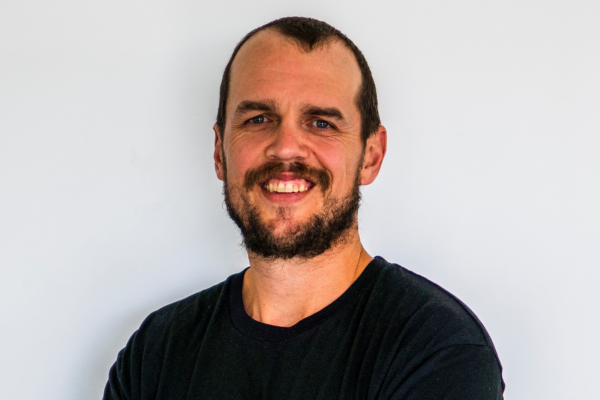Are your daily tasks getting on top of you? Have you gone to bed knowing that you haven’t achieved all the things you wanted to that day? Do you sit down at your desk and sigh at all the tasks on your ‘to do’ list?
You may be suffering from business overwhelm. It’s very real and all too common in today’s busy world. Much like stress, it sneaks up on you without you realising that it’s coming.
We spoke to communication and mindset coach Gail Page from Positive Pathways about how to prevent overwhelm and improve productivity.
With the COVID pandemic infiltrating our lives over the past couple of years, working styles have made a dramatic change.
A survey done by the Southern Cross Health Insurance revealed some definite swings towards workplace stress with 66% of businesses reported increased stress levels, with 91% citing COVID-19 as the partial reason why (You can download the full report here: Wellness In The Workplace)
When you have a deep emotional response to the multitude of thoughts buzzing through your mind, you really need to recognise that you’re on the path to burning out.
If you don’t notice these feelings early on, you will hit the wall. Your heart will race, you may have difficulty breathing, and suddenly the control slips away and in comes the anxiety.
But, and here’s the good news, you don’t have to get overwhelmed.
- Begin with your daily to-do list.
Work in small chunks. Try sitting down at the beginning of the week and planning what needs to be accomplished by the end. And note, the operative word in that last sentence is ‘need’. Clear away all the shiny toys and split the projects into three categories:
- Most important
- Important
- If time allows.
Now take the most important and allocate chunks of time throughout the week to work on it. Bring the task to its conclusion by a set date.
Repeat with the other two categories. Please make sure you slot in time for the fun ones; we all need some of this each day.
- Master your mindset.
Now that you have your time scheduled and the tasks categorised, it’s time to master your mindset.
How you think plays a critical role in acting and reacting in different circumstances. Plus, your mindset will play a crucial part in how you cope with life’s challenges.
The words you say to yourself are so powerful that they rule your world. They tell you how to react, feel and process everything going on around you. If you are continually telling yourself self-defeating statements, you will believe them to be true and act accordingly.
Changing your paradigm is what’s needed. Your beliefs, attitude and way of thinking will determine your behaviour. You first need to recognise the words you are saying to yourself and flip them from negative to positive.
Affirmations are an excellent tool to begin the process. You will find many affirmations on the internet, so pick out ones that speak directly to you and write them out on sticky notes, leaving them visible around your workstation, and your house.
Say them often, and when you feel that overwhelm start to happen, take a deep breath, stand up and assume a super wo/man pose. This ‘power’ pose changes your physiology whilst also reaffirming your positive belief.

- Use Mindfulness as a tool.
Over the past few years, businesses are becoming more aware of the power of Mindfulness. Even companies in Silicon Valley understand the benefits of offering mindfulness practices to their employees. It helps to have a healthy staff and increases productivity.
So how can you use the art of Mindfulness to reduce the overwhelm?
First, let me give you a definition: “The awareness that arises from paying attention, on purpose, in the present moment and non-judgmentally” (Kabat-Zinn, in Purser, 2015).
We often live in the past or the future and lose touch with the present. Being aware of our thoughts and actions, not reacting unduly nor getting overwhelmed by current events, this is what helps us stay grounded.
To help with this, insert short pauses into your day. Setting a timer for every one to two or hours is perfect to set up the habit. Then stop for five to ten minutes. Go for a short walk or close your eyes and meditate for five minutes either at your desk or, preferably, in a different place. You can also do some stretches, do yoga or even take some time to read or write in a journal.
- Tidy up and declutter.
This one may seem obvious or even unnecessary, but when we live in a cluttered environment, it encroaches on our minds. The more papers you have on your office desk, the more anxious you will become. It’s because it looks like there is a mountain needing your attention.
When you declutter, you find focus and your productivity increases, especially when applying mindfulness practices.
Take time to clear the insanity from your desk. Go through each item and create a pile of ‘need’ and a pile of ‘don’t need right now’.
Once you have sorted the piles remove the items you don’t need right now and put them, tidily, in another area.
Now you should only have the current papers on your desk.
Do the same with drawers and cabinets. Even look at the office furniture and clear as much space as you can. By opening up the space in your office, you will open up your mind.
One last area to declutter is your computer. Look at the different folders you have and get rid of old files by either shifting them to the bin or creating a ‘Past’ folder. Clear out your trash bin and delete any duplicate folders. Not only does this give you more space on your computer, but it gives you more space in your mind.
The largest and usually the most time-consuming area is your inbox. Go through your mail and either attend to or delete emails sitting in your inbox. Set up an archive folder for the emails you must keep. And one last tip, unsubscribe from any emails you no longer read or need.
Mastering your mindset is the greatest gift you can give yourself. It impacts every relationship you have, especially the one with yourself. Make the decision today to become the driver of your life, instead of being a passenger.
And if you want some support to help you get there, fill in your details on the Contact page and let’s talk.
Want more top tips, advice and insights? Check out our news section.
















